It’s been an exciting week for Gotta Start Somewhere!
First, a huge THANK YOU to my new paid subscribers. Your support means the world. If exchanging my time to a you-name-it-elite institution for $X00,000 feels like overeating dessert with the promise it won’t make my gut hurt in a couple of hours, receiving the smallest sum of money for sharing something I believe in with my whole heart and soul feels like the first sprout of a flower or vegetable in a garden I watered daily for months.
Second bit of good news: Gotta Start Somewhere just broke into the top 100 on Substack’s “Rising in Philosophy” leaderboard. We’re sitting at #95! ;)
Thank you from the bottom of my heart for your readership.
I was crying in a club bathroom when it hit me: I’d spent years chasing money so I could give back to the world, but somewhere along the way, I’d lost the world, and I’d lost me.
Back in college, I thought I’d uncovered a hard truth: if you wanted to make real change, you had to get rich first. Even my senior econometrics thesis backed it up: nonprofits and NGOs, I’d argued, were often inefficient and disorganized, sometimes even making the problems they tried to solve worse. So, I made a plan: ace every class, land the highest-paying job, and surround myself with people who knew how to climb. And I did.
There was the college Maria: curious, data-driven, Instagram-using, and ambitious.
Then came freshly-hired investment banking Maria: bright-eyed and bushy-tailed.
And then, private equity Maria: “very busy” and very depressed.
As I dedicated myself to hard work and success, I asked the Whole Foods check-out person how their day was, without listening to the response, and rushed back to work. I spent my money on the latest clothing trends, “hardest-to-get-into” restaurants, or best vacation spots to ensure I fit in with the people who would show me how to get rich.
Four years after presenting my econometrics thesis, I visited a friend’s house in the Hamptons. The mother, tipsy, confided in me, “Our house is $10 million, but some of our friends have a bigger house in a different town. I feel like maybe we need to get a bigger house. I don’t know. It’s so difficult to decide.”
A few months later, I entered a party for a billionaire’s daughter and walked past the club’s security guard as I always did. Only this time, the security guard said, “Maria? Is that you?” I turned to look at the voice, confused. The security guard wasn’t an anonymous man, but a friend from high school whom I’d lost touch with years ago. We hugged as new friends looked at me like we weren’t supposed to know each other. I felt close to tears, relieved to see someone from my past.
“How are you?” I asked.
“I’m great. I’m an actor now, but moonlight as a security guard to make some extra cash! It’s an amazing life,” he said, grinning.
“That’s so fucking cool,” I said and meant it.
As I walked into the club, I overheard two girls I’d considered friends say something about me when they didn’t think I could hear them. I ran to the bathroom and, in the comfort of a stall, started crying. For the first time, I let myself feel the weight of what I’d been ignoring: I had started this journey to help the world I loved, and in the process, I had abandoned it. I had abandoned myself.
Through lived experience, I began noticing bizarre juxtapositions in attitudes between the so-called “haves” and the so-called “have-nots.” The truth I’d held since college broke down from the new data I couldn’t have learned in a senior econometrics capstone class: Freedom isn’t my net worth, beauty, power, or whatever I’m worshiping. The only freedom is a disciplined consciousness.
When I forget to maintain the discipline to exercise this freedom, no matter how much money I make, I am a slave to my thoughts and habits.
Worship money? I’ll never have enough.
Worship beauty? I’ll always feel ugly.
Worship intelligence? I’ll always feel like a fraud.
Worship happiness? I’ll avoid the hard emotions that make life real.
Worship power? I’ll measure my worth in my ability to dominate others.
As I put this new ethos into practice, my worldview shifted. I noticed spring blossoms on trees, the warm cadence of my nail salon owner Jane’s voice, and the way my laundromat guy, Gus, remembered how I liked my clothes folded. I started admiring people who quietly held the world together. People not listed in Forbes, not invited to galas, but who showed up every day, as themselves.
Three years later, I moved to a smaller community in Philadelphia. I wave at neighbors on the trail. I cook my own meals and buy clothes not to impress, but because I value care and craft. I no longer feel the need to make the world better in some grand way. I just try to meet each moment and person with presence. That’s enough. The world is already abundant.
Somewhere along the way, I started mistaking the “real world” for money, power, and strategy. But the real world is right in front of me: the wind on my face, the cashier’s warm smile, laughter that makes my whole body ache. I’m still human. I catch myself envying the beautiful girl on Instagram or wishing I had more money. But real freedom isn’t found there. It lives in the small, quiet acts of care: showing up for others in unglamorous, everyday ways. Through discipline, I try to keep this truth at the center of my life now. Because that’s real living.




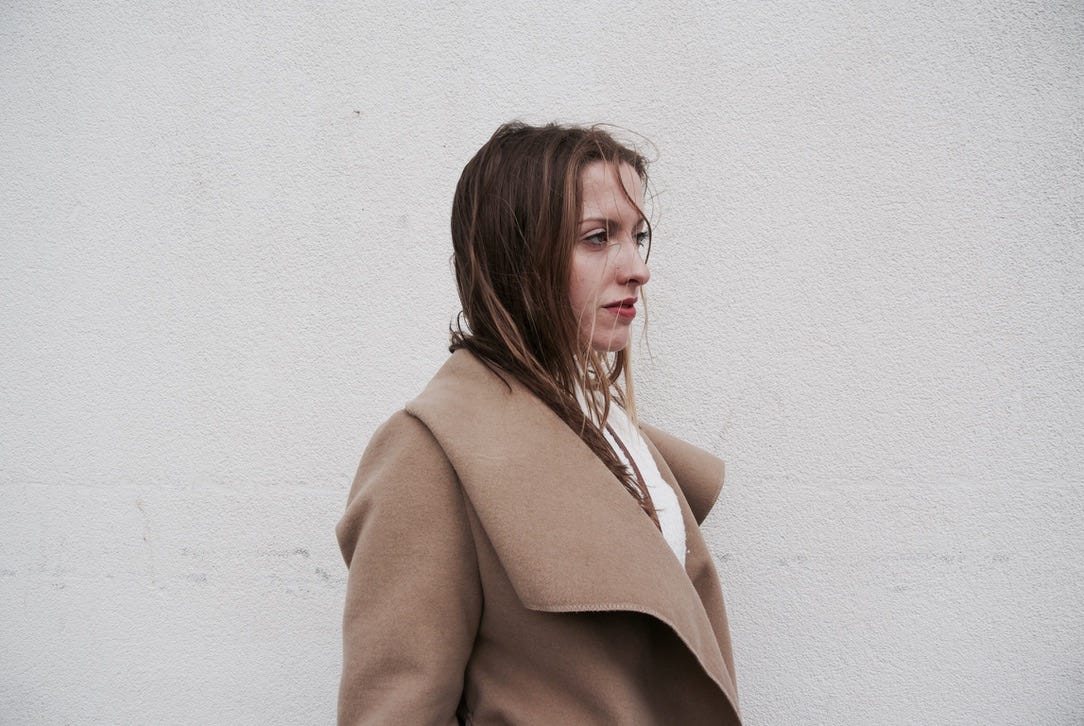


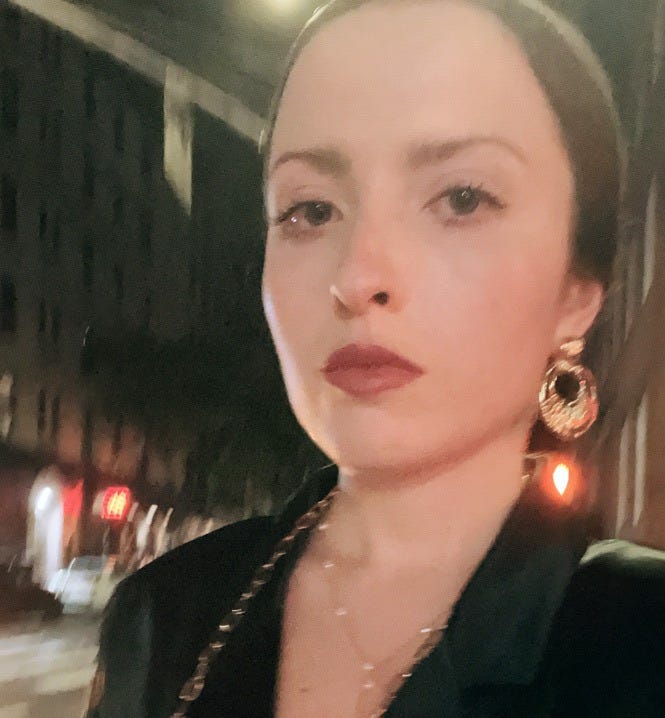


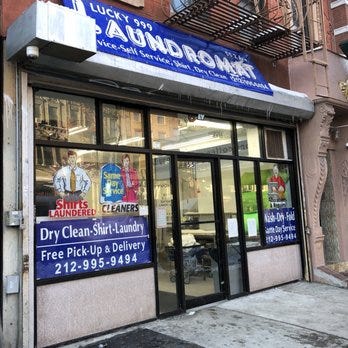
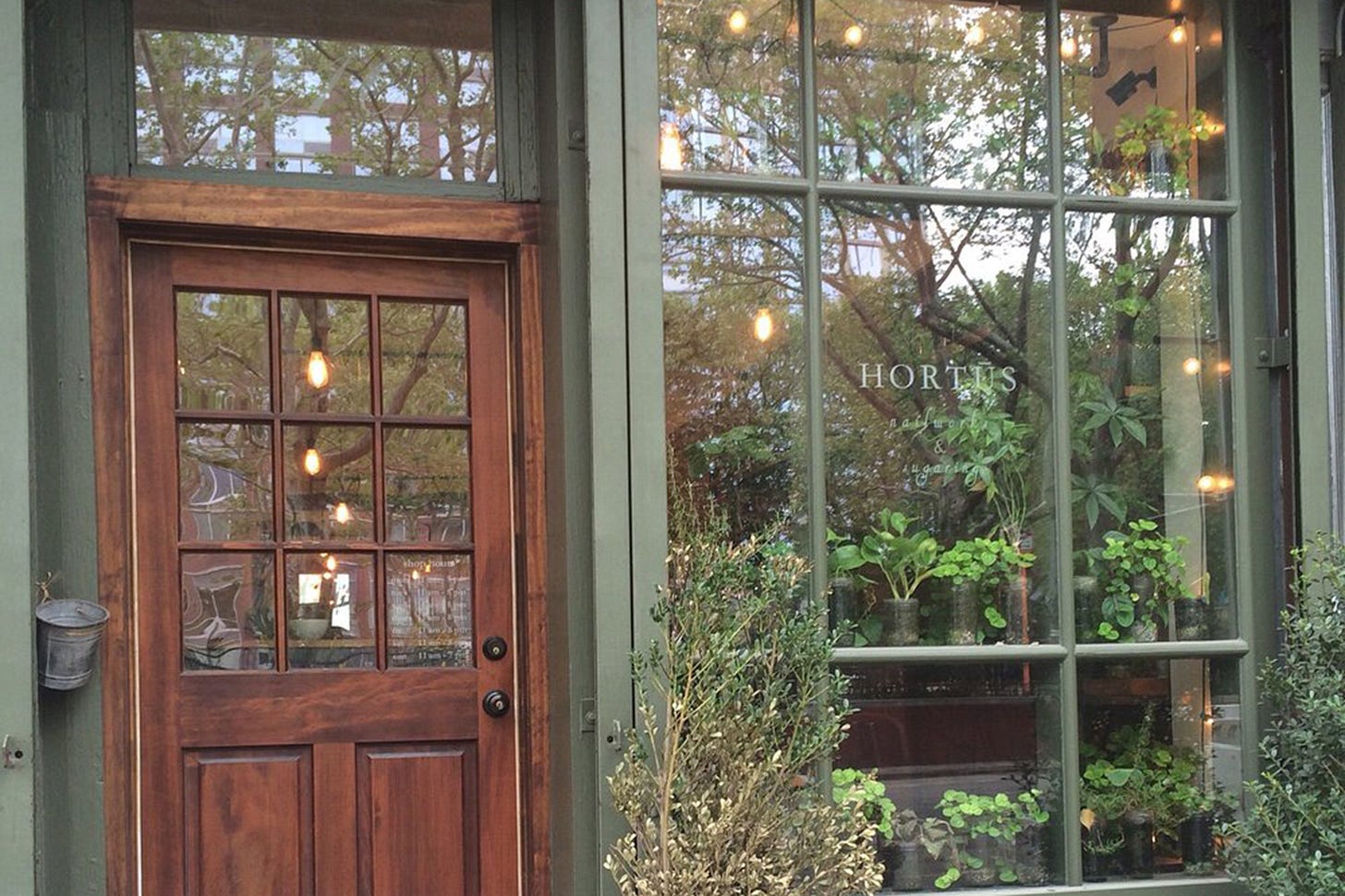
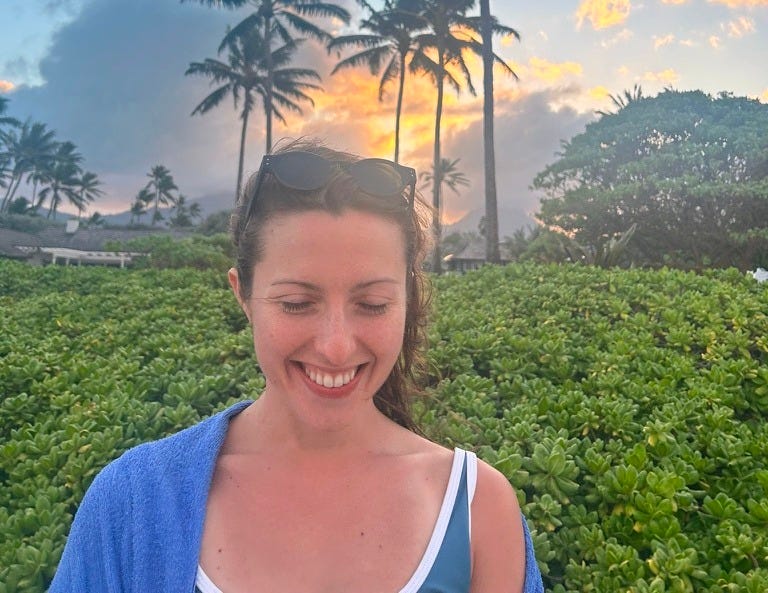
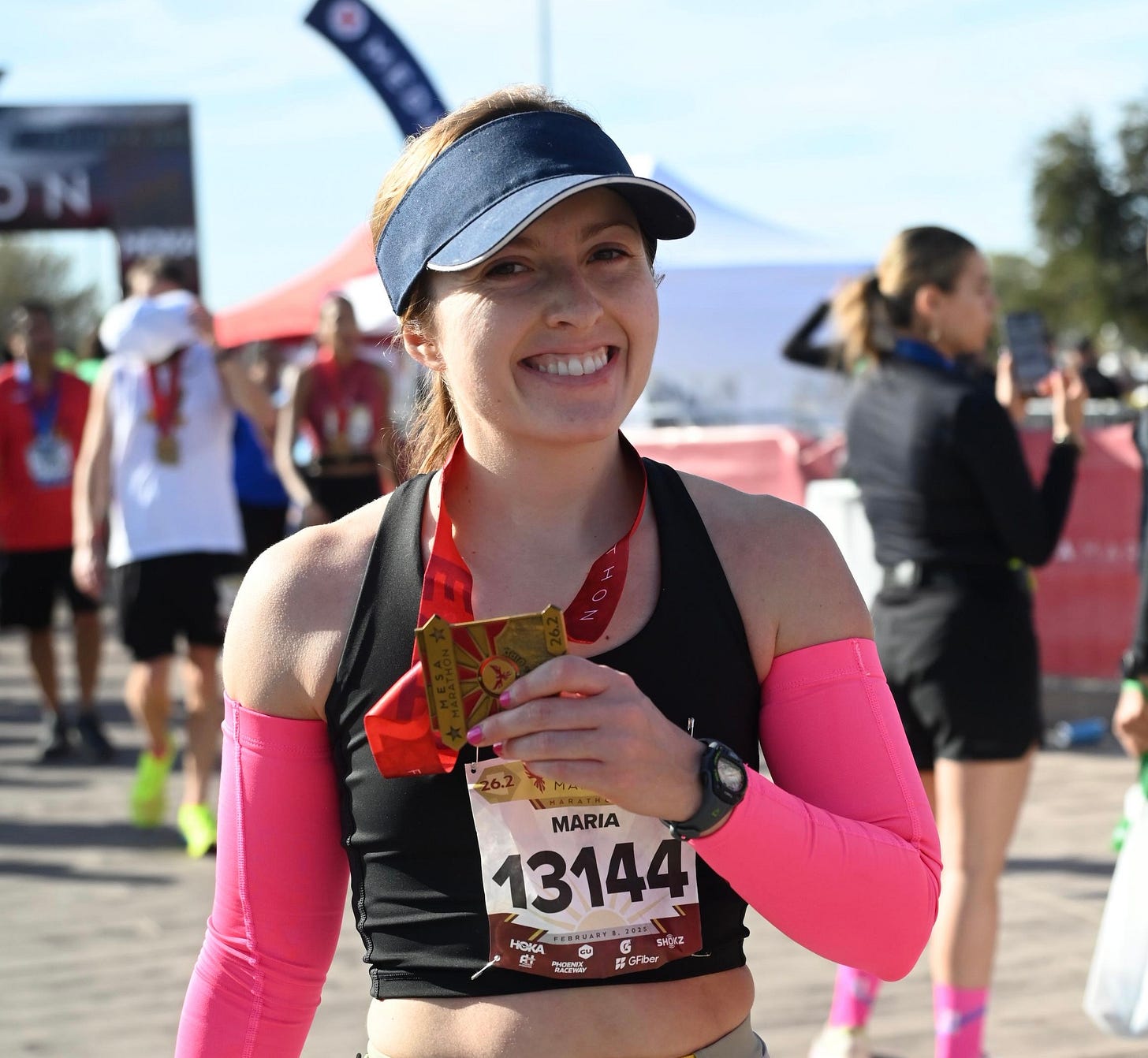

These photos and story are priceless! Love it 😍